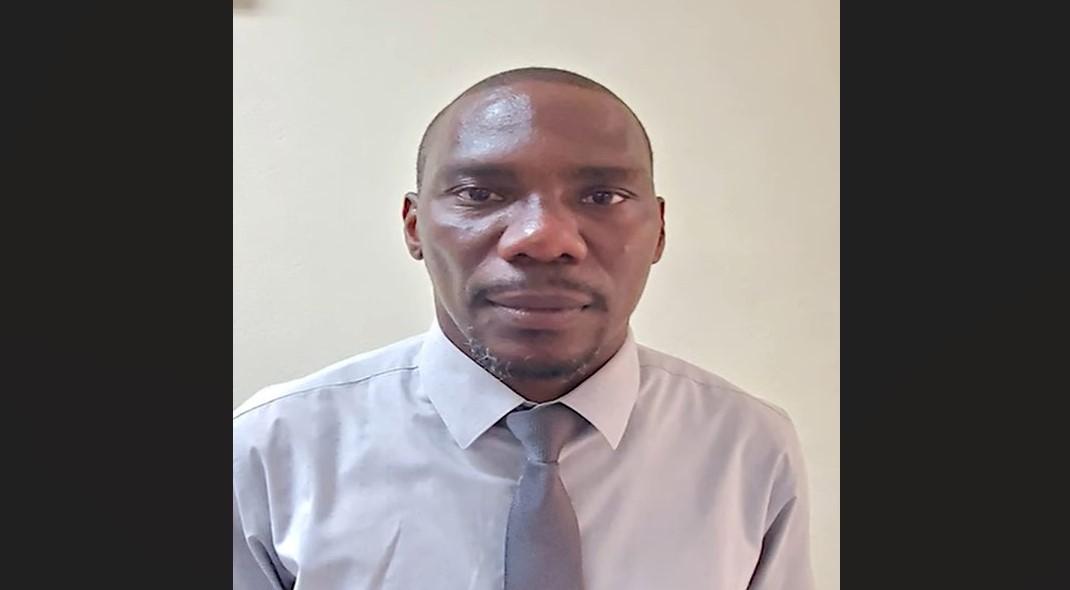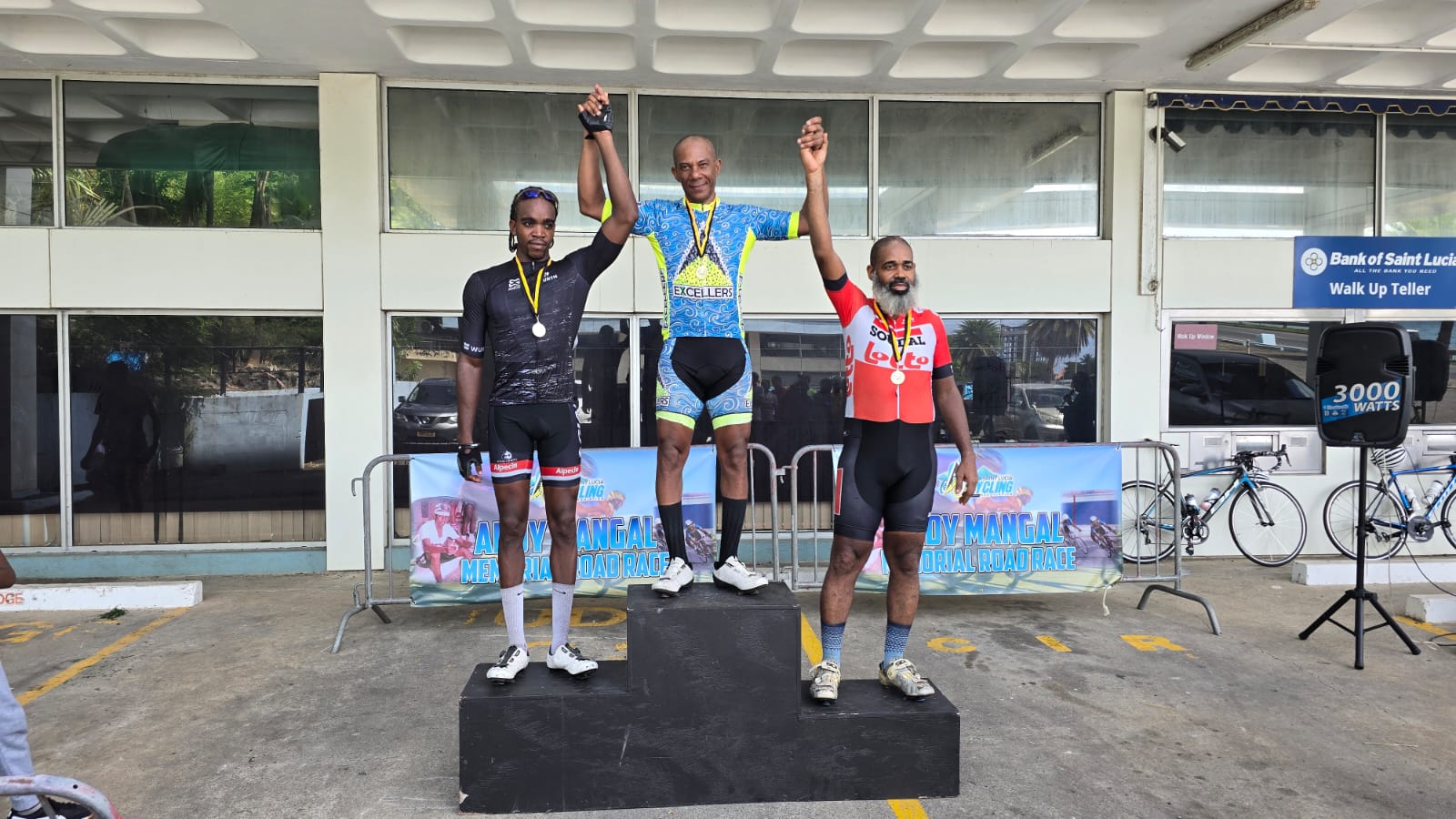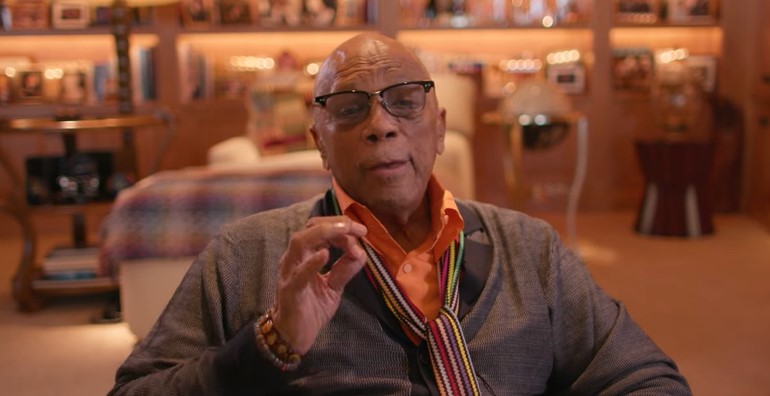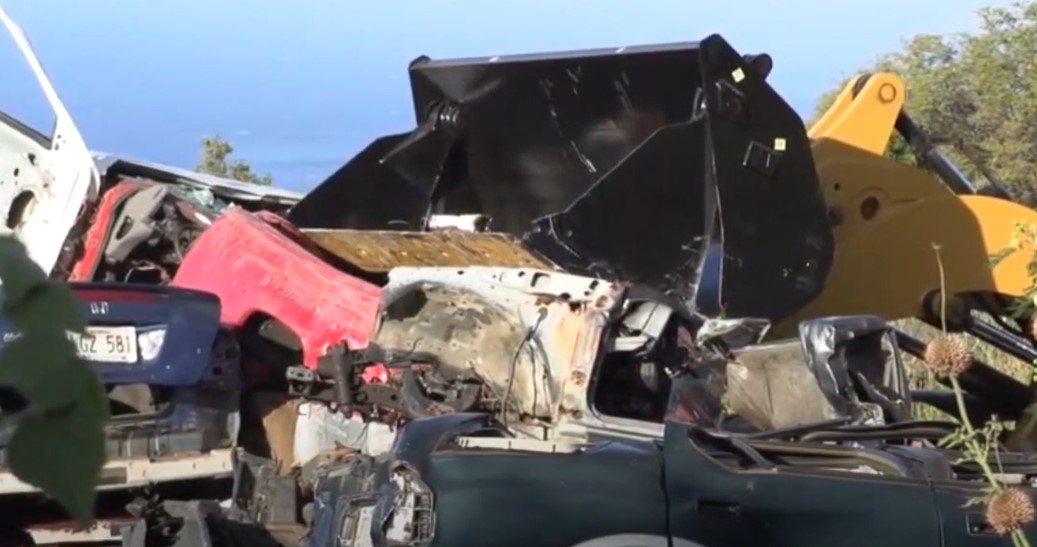

In response to Antigua and Barbuda’s newly amended Small Charges Act, enforcing a 10 pm to 6 am curfew for minors, Neal Fontenelle, President of the National Principals Association in Saint Lucia, has weighed in with his perspective on youth crime and potential impacts of the law.
As reported by Antigua Observer, the Antigua & Barbuda amendment, effective October 1, seeks to address youth crime by holding parents accountable with fines of up to XCD 5,000 if their children violate the curfew.
NPA President Fontenelle acknowledged that youth crime continues to pose significant challenges for the authorities.
He suggested that a curfew could be an effective last-resort measure if other strategies fail.
“I think that if crime among youth continues to pose a problem to authorities and other strategies prove ineffective, a curfew may become inevitable as a last resort,” he told St. Lucia Times.
However, the NPA President proposed a potentially earlier curfew time, expressing that a start time of 7 or 8 pm might create a stronger deterrent.
“I am of the view that if the curfew is earlier (7 or 8 pm) it can serve as a deterrent not just for the minors but also for their parents who will make a more concerted effort to keep their children off the streets at the risk of being fined,” he explained.
Fontenelle pointed to the need for broader, long-term strategies, such as bolstering human and social services, to have a meaningful impact on youth crime.
“There are strategies which can be implemented to realise improvement in crime reduction among the youth, but many of those are long-term measures as opposed to a curfew which may realise results in the short term,” he added.
Fontenelle also highlighted gaps in existing services, citing the Boys’ Training Centre’s limited success in rehabilitating at-risk youth: “The Boys’ Training Centre has not been very effective as a rehabilitation center for at-risk males. This institution needs to be rebranded and revamped to better serve our at-risk males and provide a safe environment for rehabilitation.”
Fontenelle emphasised that while schools play a critical role, they need more resources to support at-risk youth effectively. “Schools have been playing a role but do not have all necessary resources to deal with at-risk youth,” he explained, advocating for more involvement from parents, social partners, and the private sector to improve support systems.
With the curfew for minors now in effect, Antigua and Barbuda hopes it step will curb youth crime in the short term, while Fontenelle’s comments shed light on the importance of sustained, comprehensive support to address the root causes of crime.





